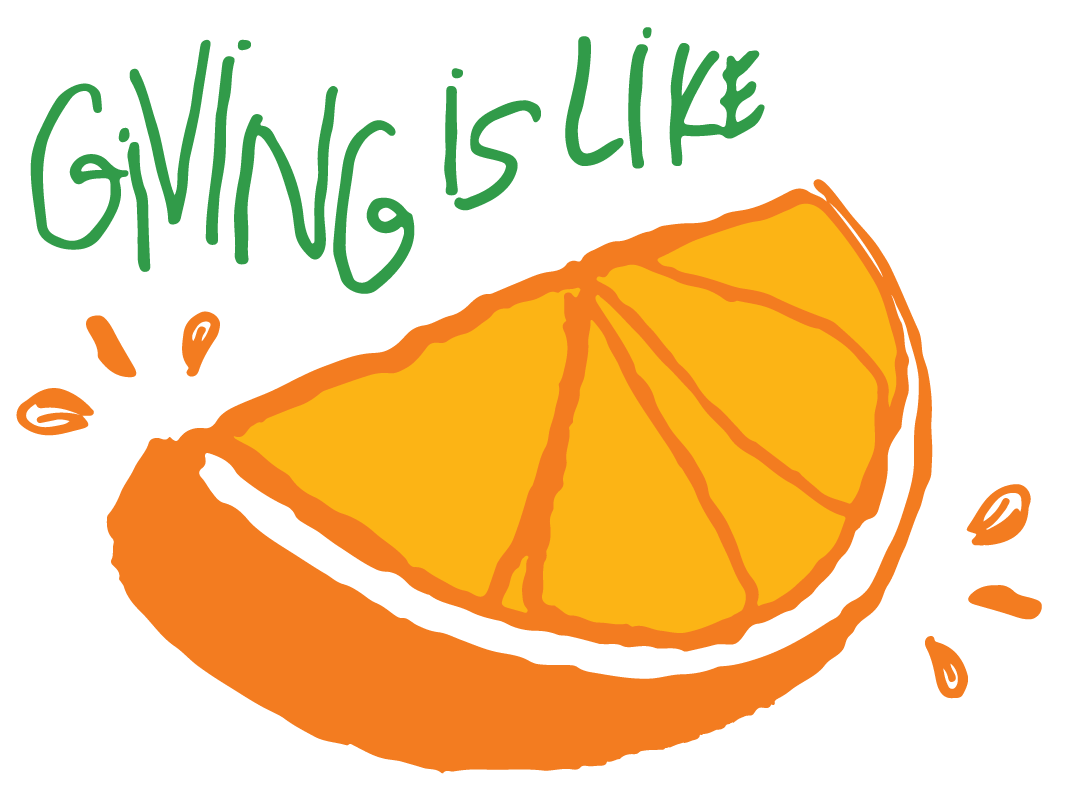CloseTheGap
I remember one day as a young child, riding in the car with my grandmother. She pulled into Pathmark’s parking lot and as we got out of the car, a gentleman approached her, asking for spare change. “No sweetheart, I don’t have any spare change, but I’d be happy to buy something for you inside.” He declined. As he walked off I told grandma I had money I could give him. “No baby, don’t give money to strangers. You don’t know him, or what he might be doing with the money. You could be enabling him, supporting a bad habit.” Until this day I remember that moment in Pathmark’s parking lot and my subsequent conversation with grandma. “I don’t have any cash, but I’ll buy you..” is often my response. While in Ghana, I was speaking with some Ghanians, sharing thoughts and ideas around giving to Ghanian children. Seemingly at the end of every idea was a reason the idea might not be best. The idea might do more harm than good. It might become a crutch and encourage enablement, and entrapment in a system, instead of freedom, self sufficiency, and independence. Interestingly enough we only got to the better ideas (closing the gap) the more we discussed who the children we are trying to help are, and what their life is like. The more we got to know them, the more we closed the gap. The more we were curious enough to learn and discover, the more we closed the gap. The gap in details surrounding the situation. The gap that is too often filled with assumptions and judgment (widening the gap). I want my giving to go to good use too. However, being 100% certain is slim, yet our chances might increase if we learn to close the gap. We don’t always know what to give. There's often a gap between what we have and what we know. It might be easy for us to put something in someone's hands. But if we close the gap, we might be able to put it in their heart.
CloseTheGap.

